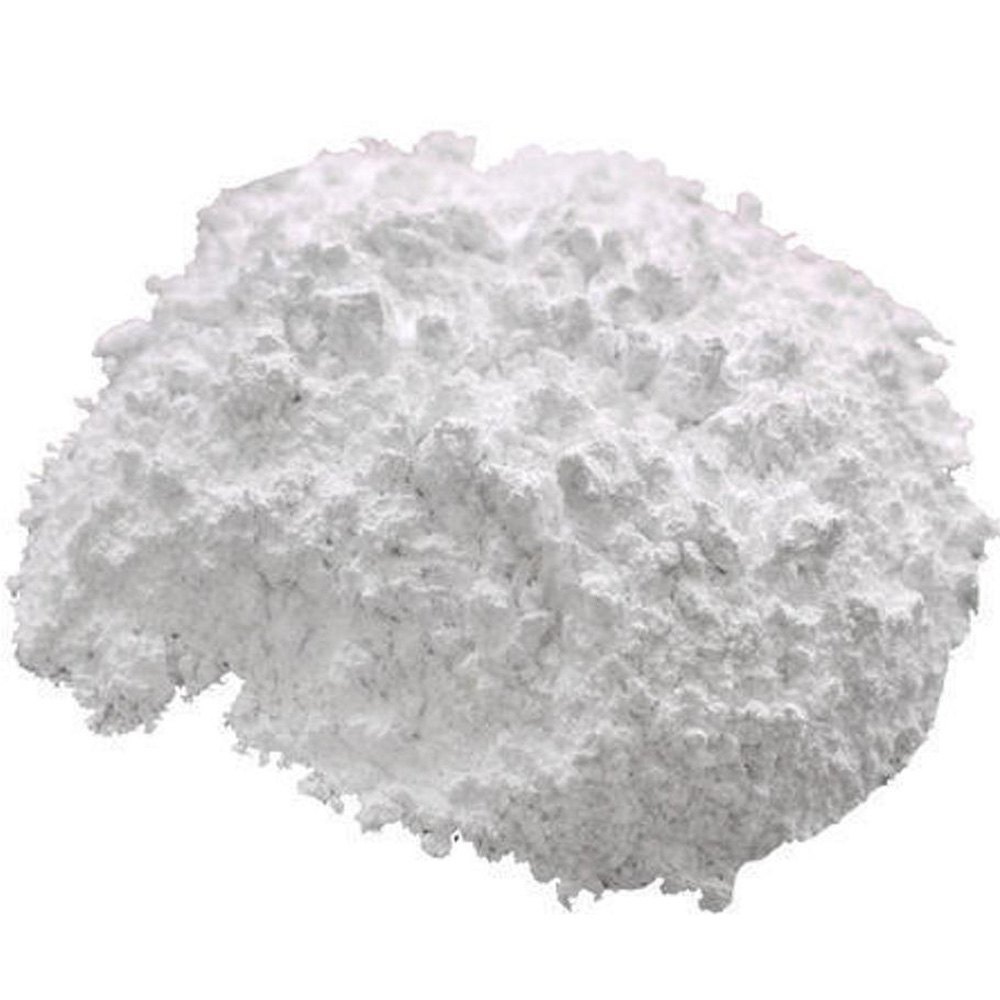Activated calcium carbonate is widely used in the paper industry due to its various beneficial properties. It plays a crucial role in improving the quality, cost-efficiency, and environmental impact of paper production. This article explores why it is commonly incorporated in the manufacturing process of paper.
Improving Paper Quality
One of the primary reasons for using activated calcium carbonate in paper is to enhance the quality of the final product. It is often added as a filler or coating agent during the paper-making process. The fine particles of calcium carbonate fill the spaces between the fibers, making the paper smoother and more uniform in texture. This results in paper that has a brighter, whiter appearance, which is essential for printing and writing paper.
Additionally, the use of activated calcium carbonate improves the opacity of paper. Opacity refers to how much light passes through the paper. This is especially important for printing papers, as higher opacity prevents ink from bleeding through to the other side of the paper, making the printed text or images sharper and clearer.
Cost Efficiency
Another significant advantage of using activated calcium carbonate is its cost-effectiveness. Calcium carbonate is an inexpensive material, and when used as a filler, it reduces the overall production costs. By replacing a portion of more expensive raw materials such as wood pulp or cotton fiber, manufacturers can lower the cost of producing paper without compromising on its quality.
Moreover, calcium carbonate enhances the bulk of the paper, meaning that less fiber is required to produce the same volume of paper. This not only reduces material costs but also improves the overall sustainability of the paper-making process by reducing the need for wood, which is a limited resource.
Environmental Benefits
The environmental benefits of using activated calcium carbonate are also noteworthy. Unlike synthetic fillers, calcium carbonate is a natural mineral and is abundant in nature. By using this material in paper production, the industry reduces its reliance on artificial chemicals and helps in lowering the overall environmental impact.
Furthermore, activated calcium carbonate contributes to reducing the carbon footprint of paper production. When compared to other fillers, it requires fewer resources and less energy to manufacture, making it a more sustainable choice for paper mills looking to improve their environmental performance.
Paper Coating and Surface Finish
Activated calcium carbonate is also used in paper coatings. The application of a coating improves the surface finish of the paper, providing a smoother texture that enhances the printing quality. The addition of calcium carbonate gives the paper a glossy appearance and allows the ink to adhere better to the surface, resulting in vibrant and long-lasting prints.
Coated paper, which is commonly used for high-quality magazines, brochures, and catalogs, benefits significantly from the use of activated calcium carbonate. It helps in achieving a high-quality finish while maintaining cost-efficiency.
Versatility in Paper Types
Activated calcium carbonate is versatile and can be used in various types of paper production. It is used in everything from newsprint to high-end printing paper. Its ability to improve brightness, opacity, and smoothness makes it suitable for a wide range of paper products. Additionally, its presence as a filler enhances the bulk and texture, making it an ideal choice for many applications.
Conclusion
Incorporating activated calcium carbonate into paper production offers numerous benefits, including improved quality, cost-efficiency, and sustainability. By enhancing the appearance, texture, and strength of paper, this natural mineral has become an essential component in the paper-making industry. Its environmental advantages, along with its ability to improve the final product at a lower cost, make activated calcium carbonate a popular choice for paper manufacturers worldwide.

